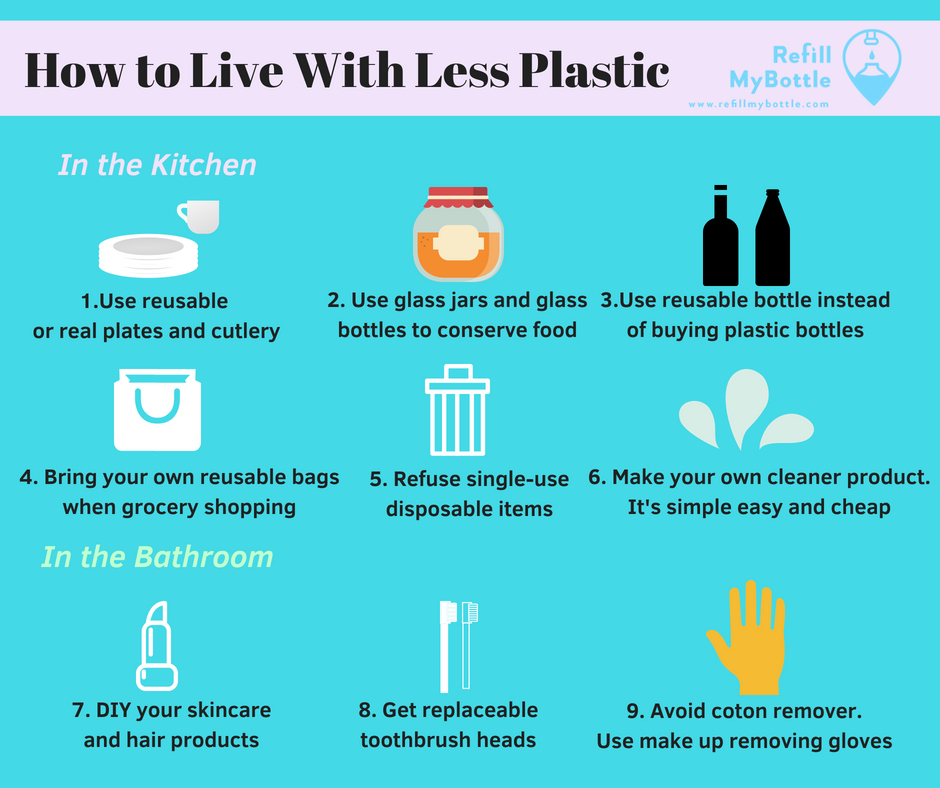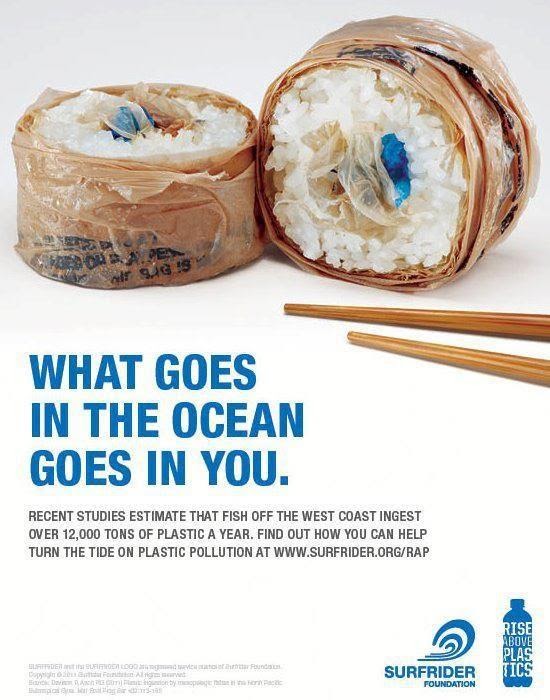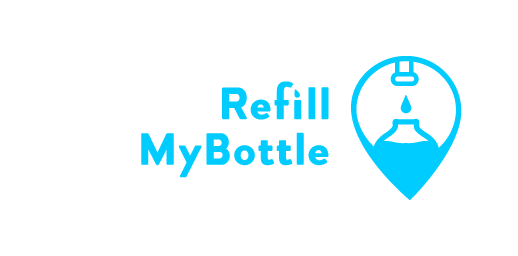W
e will not tell you that reducing your waste takes time and force us to change our habits or way of life. Instead, you need awareness, a click that you must put into practice quickly.Zero Waste – One Small Step for A Man, One Giant Leap for Mankind
However, you must ask you a question: Why do you need to reduce plastic waste? To follow the actual trend or to live in a clean planet? The second proposition was the good answer even if the first one has the same impact on planet but no CHALLENGE.
In an ideal world, we would have reduced our waste to zero or almost. In the meantime, we can drastically change our habits in a very simple way by adopting the right reflexes: focus on recyclable materials and repair what is damaged rather than buying new.
Plastic is a real scourge for our planet. Whether it’s in your diet, your hygiene products, your phone: plastic has become ubiquitous. Plastic waste pollutes our beaches, our waste, our rivers, our rice fields and our oceans.
Plastic is a real scourge for our planet. Whether it’s in your diet, your hygiene products, your phone: plastic has become ubiquitous. Plastic waste pollutes our beaches, our waste, our rivers, our rice fields and our oceans.
Fortunately, there are 12 simple things you can do to reduce your plastic waste right now:
1. At the restaurant, refuse plastic straws.
Do you really need a straw to sip your drink?
2. Use reusable bags to shop.
Do you know that every minute, 1 million plastic bags are used? And do you know it takes 1000 years for a single plastic bag to degrade?
If you use plastic bags to do your shopping, it’s time to change your habits, otherwise, you’re on the right track.
The alternative: The investment is minimal – by buying reusable bags, you reduce the number of plastic wastes in the waste.
Be careful: do not buy nylon or polyester bags. These synthetic materials are made from plastic. The ideal is the cotton bags.
3. Choose cardboard packaging.
When you buy laundry, for example, choose products that have a cardboard packaging ambiance than those sold in plastic bottles.
What for? Because cardboard packagings are much easier to recycle than plastic ones. In addition, the possibilities of recycling cardboard in another product are much more numerous than those of plastic.
4. Reuse jars and glass containers
When you can, choose glass containers instead of plastic containers. These include products such as tomato sauce, honey, or jam.
You can reuse these jars as containers for your food, instead of recycling them.
If you buy food in a reusable container, wash the boxes and keep them – you can use those to keep your leftover.
5. Use REUSABLE Bottles
Do you know that every year bottled water produces 1.5 million tons of plastic waste? To produce all these bottles, it takes 177 million gallons of oil!
The alternative: Bring your own reusable bottles and refill at nearby stations. Check out some of the available refill maps: RefillMyBottle, Refill Not Landfill, Refill UK, Handle With Care – Luang Prabang.
6. Bring your own container for take-away dishes.
7. Use matches instead of a lighter
When you need to light something (i.e. a candle, or a gas cooker), use stoves instead of a disposable lighter. Disposable lighters are inexpensive, but they take years to degrade (they are even found in the stomachs of dead birds).
The alternative: If you cannot detach yourself from the lighter, use at least one metal lighter that you can recharge: This reduces your plastic waste.
8. Avoid buying frozen food.
Frozen foods are convenient but often packaged in plastic. Of course, frozen foods packaged in cardboard are more environmentally friendly.
But, they are all equally problematic. In fact, the cardboard are sometimes coated with a plastic film.
9. Do not use plastic cutlery, say goodbye to plastic cutlery and plastic plates.
10. Reuse the Fruit trays
In Bali for example, some fruits are sold in styroforam / plastic trays.
The alternative: Instead of throwing these trays, bring them with you to the market when you do the shopping. This way you can ask the merchant to reuse them.
11. Do not buy any more plastic bottled fruit juices.
The alternative: Prepare your own juice at home or simply eat fresh fruit. This reduces your carbon footprint and is much better for the health. Indeed, most of the fruit juices its products from concentrate. Therefore, they have fewer vitamins and antioxidants than homemade fruit juice or fresh fruit.
If you really need to buy a fruit juice, choose the ones in a glass bottle instead of plastic.
12. Use home-made household products
Think of all these plastic bottles you buy in one year to do your cleaning: Tile cleaner, Glass cleaner, WC cleaner, dishwashing liquid, etc.
The alternative: With some basic ingredients, you can use your own homemade cleaners.
Here is the tool and recipe that you might like to make a multi-use home cleanser:
- Preferably a glass or reusable plastic container
- A glass and a tablespoon
Ingredients:
- 2 tablespoons of baking soda
- 1 tablespoon of white vinegar
- 3 tablespoons of essential oils, for example, a mixture of jasmine, tree to the or cinnamon
How to:
- Put 2 tablespoons of baking soda into the tin.
- Add 2 litres of hot or 1 litre in a glass, 1 tablespoon of white vinegar, and 3 tablespoons of essential oils.
- Pour this mixture into the container and shake the whole thing.
Replacing the disposable with durable is the basis of zero waste. What do you do to replace the disposable?


